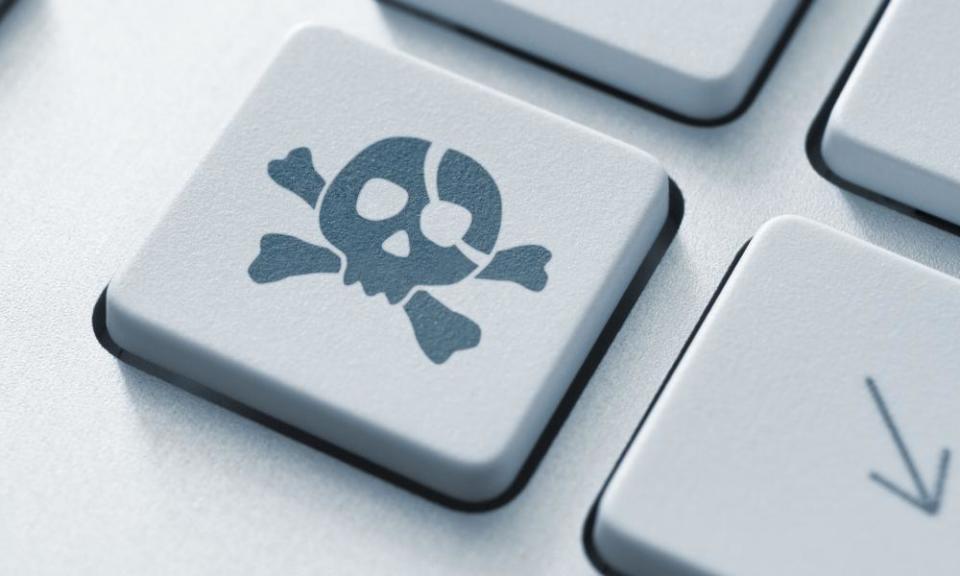Subscribers to multiple streaming services more likely to also be online pirates: survey

The more subscription film and TV services Australians have signed up to, the more likely they are to continue to download pirated content, according to a survey published by content owners.
The online survey of 1,800 respondents, conducted by Sycamore on behalf of film industry lobby group Creative Content Australia, found around one third of the population had subscribed to one streaming video service, such as Netflix or Stan, while just 13% said they had three or more subscriptions.
Of the 13% who said they had three or more, half said they continued to pirate content online, with the most common reason being that what they pirated wasn’t available on the services they paid for.
Research by Roy Morgan in December last year found 14 million Australians were subscribed to some form of pay television service, including Foxtel, Netflix and Stan. Netflix accounted for the most, at 11.9 million.
Related: Philip Pullman leads call for UK government action on ebook piracy
The content lobby group has argued that piracy continues in Australia despite this.
“It’s terrifying,” Creative Content Australia chair Graham Burke told Guardian Australia.
Burke left the helm of Australian film distribution giant Village Roadshow at the start of this year, after having been CEO for over 30 years. He quoted piracy figures for several Australian films, including Ride Like A Girl, and said it was new release films that were the target of pirates.
“It’s a beautiful film,” he said. “Illegal transaction in Australia: 89,000. Legal transactions: 62,000. The piracy sites are providing them with the current crop of first-run movies.”
Electronic Frontiers Australia board member Justin Warren said people who were paying for multiple subscriptions were likely turning to piracy out of frustration at not being able to find what they wanted on the services they were paying for.
Sign up to receive the top stories from Guardian Australia every morning
“These are people who’ve tried to pay for the content they want to watch, but they still can’t get access to it after buying subscriptions to multiple services. I imagine that’d be pretty frustrating,” he said.
Since 2015 content owners have managed to have hundreds of websites facilitating piracy or illegal streaming blocked by Australian internet service providers, under laws passed by the Coalition government.
Content owners such as Village Roadshow have also successfully lobbied Google to voluntarily remove hundreds of piracy site links from its search results, but Burke said the large number of mirror sites linking back to those removed from search results were still leading people to piracy sites.
Ahead of a federal government content review to be released later this year, the organisation representing film and television companies isn’t pushing for specific changes to laws around piracy, but instead focusing on personal responsibility of the people downloading pirated content.
The survey asked respondents how often they had encountered malware, viruses, ransomware or other identity fraud issues, with 28% reporting a virus or pop-up containing malware and 10% saying that their “TV was hacked” as a result of piracy.
“The price of a movie is nothing compared with what you are potentially leading yourself into – that’s the reality,” Burke said.
Related: Village Roadshow donates millions to major parties while lobbying on piracy
But Warren said warnings about malware and viruses extended beyond piracy websites.
“The overall risk depends on a range of factors, so someone who never pirates content but engages in other risky behaviour like browsing the internet with an unpatched operating system and clicking every emailed link they get sent could still be more likely to get malware than a pirate who has a robust anti-malware regime in place,” he said.
“If you don’t want to get sick, sure, don’t lick public transport, but also wash your hands. But if you have children in primary school, buy tissues in bulk.”

